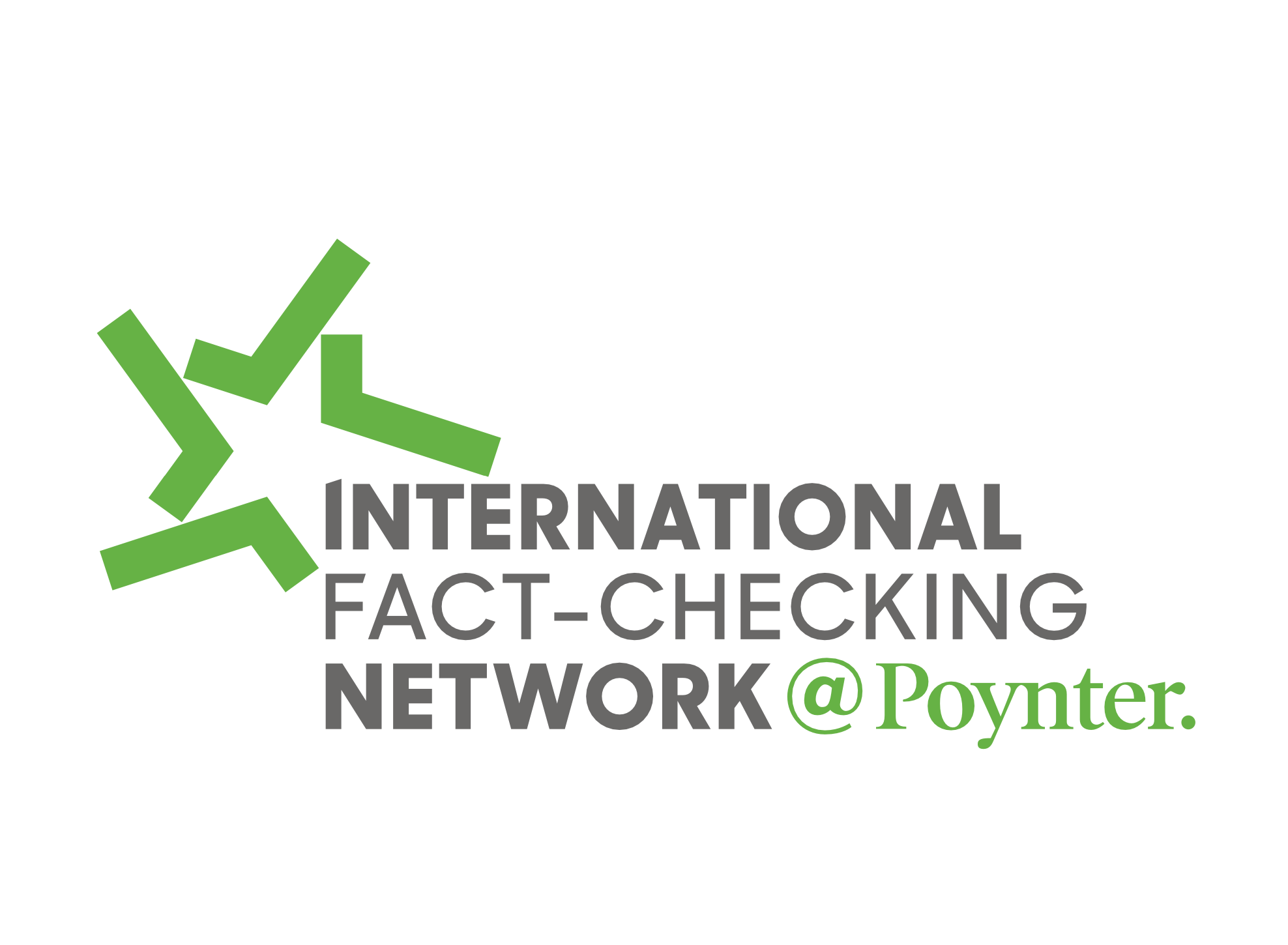Patrick Soon-Shiong has shown incredible determination, imagination and belief in himself in rising from discrimination in apartheid South Africa to become a billionaire in Los Angeles — and he has given hope to one of America’s great newspapers.
Now he’s going to have to trust others in a field he knows little about, if he wants his newest acquisition, the Los Angeles Times, to bloom again.
In two words, show humility, says an author who has been following billionaires buying media properties.
Trust and humility are what Jeff Bezos, the world’s richest person, has shown since buying the Washington Post in 2013, says Dan Kennedy, author of of "The Return of the Moguls: How Jeff Bezos and John Henry Are Remaking Newspapers for the 21st Century."
In Kennedy’s book, out March 6, he holds the Bezos purchase as the best-case scenario of a billionaire buyer. Poynter has talked at length with Kennedy about those mixed experiences and about Soon-Shiong in an interview here.
One key point: “What Soon-Shiong could learn from Bezos is that he should concentrate on areas where he can add real value — mainly on the business side — and respect the wall that has traditionally separated news and commerce,” says Kennedy, an associate professor of journalism at Northeastern University. “We don’t know whether he intends to do that yet. Some wealthy owners get it. Some don’t.”
Catch the full interview, but first, welcome to Poynter’s Morning MediaWire. Here are a few things that caught our eye to help you start the week:

Behind the big story
Rick Montgomery found he had a national story on his hands when he began covering the ICE seizure of a longtime chemistry teacher in Lawrence, Kansas, for deportation. The personal details — Syed A. Jamal, 55, was here for 30 years without incident after overstaying his student visa; he was just leaving his home to take his daughter to school; the agents, as he was handcuffed, threatened to arrest his wife when she asked to say goodbye — helped propel Montgomery’s first-day and followup stories in the Kansas City Star.
The stories have prompted another look at the Trump administration’s new emphasis on deporting people who have not committed crimes since living in the United States.
The threatened deportation of Jamal also prompted a march, a Change.org petition to free him (which has gathered more than 88,000 signatures) and a Nick Kristof column ("President Trump, How is This Man a Danger?").
Late last week, a judge temporarily delayed ICE plans to deport the teacher to his native Bangladesh, but he remains in custody a 940-mile drive away in El Paso, where ICE had transferred him. Here’s Montgomery’s take on the story’s growth — and where the tale may go.
Quick hits
PAY UP: The nation’s biggest TV station owner is asking its executives — including the news directors at its many stations — to contribute to its political action committee, a move that journalism ethics experts say is highly unusual and troubling. Sinclair Broadcasting, with 173 stations, is encouraging behavior that ABC, CBS, CNN, Fox News and NBC prohibit its news personnel from doing, reports the Washington Post’s Paul Farhi.
"TRUTH WILL OUT:" Margaret Sullivan writes in the Washington Post that the Rob Porter scandal only reinforces the need for the type of journalism being practiced today. "Assembling evidence, pointing out changing norms" and explaining to audiences the dangers of misinformation are all part of journalism's playbook, she wrote. "Thankfully — and in part because of good journalism — reality still manages to break through the murk."
WHAT KIND OF JOURNALISM IS WORTH PAYING FOR? It’s original, deeply reported, obsessively verified and expert in some way, A.G. Sulzberger tells his old newspaper, The Oregonian. The New York Times publisher, in a wide-ranging interview, also says covering the county government beat in Oregon was an important discipline in his development. In a question about his interest in the NBA as a young reporter, Sulzberger acknowledges he remains a Knicks fan, though “they never seem to love me back.”
A ‘DARKER, GAYER’ OLYMPICS? After an outcry, Fox News pulled a column by executive editor John Moody that decried the U.S. Olympic Committee’s mentions of the team’s diversity in race, ethnicity and sexual orientation. In apologizing, Fox News said the column did "not reflect the views or values" of the company. Last month, the same columnist, who is also a Fox executive vice president, took aim at the #MeToo movement in a piece titled, "Hey, #MeToo: Isn't female genital mutilation the cruelest cut."
NO COMMENT: Pressed by his own reporters, a Newsweek executive wouldn’t answer this question: “Be honest with everybody in this room: Are we running a money laundering operation?” Faced with firings, resignations and deserting advertisers, the interim COO, Johnathan Davis, cited a pending investigation into possible financial crimes for his silence on that matter, the Daily Beast reported.
IT PAYS TO LISTEN: Editors wonder how to keep their news coverage relevant and connected to their audience. Now there’s a way they can learn from two services how to reach out and get ideas from that audience. Grants from the new Community Listening and Engagement Fund will subsidize between 25 to 75 percent of the cost of either or both services for the first year. Applications are due at 5 p.m. on Feb. 16.
QUOTING MORE WOMEN: Two New York Times journalists say they’ve been applauded in efforts to address gender balance in their work on international affairs. Amanda Taub and Max Fisher noted that one (male) professor called a profusion of female experts a “surreal experience.” They concluded: “It can indeed feel surreal to see women granted the same intellectual weight as men. But it doesn’t need to.”
KEEPING THE NET NEUTRAL: Internet giants Facebook and Google have joined the effort to ensure the net remains neutral. The Internet Association wrote Senate leaders saying that a lack of competition would hurt Americans’ ability to get information they need unless they pass a bill that already has nearly half of the Senate’s support. “More than half of all Americans have no choice in their provider, and 87 percent of rural Americans have no choice,” the association said. The Senate bill would overturn a ruling in December by the FCC.
THE $5 MILLION OXFORD COMMA: The ambiguity over grammar turned out to be costly for Maine’s Oakhurst Dairy — and heavenly for its drivers. The dispute involved a complex sentence with a list of things, inadequately separated. I know, nothing a copy editor couldn’t have resolved first.
New on poynter.org
- A Washington, D.C., news anchor found new purpose and focus when she started raising service dogs at her station. Say hello to Nigel and Bunce. We think you'll fall in love.
- If you head to our site, you'll notice several stories about photojournalism. That's because we published a story on Thursday about free sites that offer stock photos. That did not go over well (understatement!) with many of our readers who happen to be photojournalists. We heard from a widely known educator, as well as a longtime picture editor, who wrote columns we published on the site. Poynter president Neil Brown also weighed in. This won't be the last you hear on this topic.
Coming up at Poynter this week
- On Wednesday at noon, we'll be hosting a webinar called "Covering Hate and Extremism, From the Fringes to the Mainstream: An Overview from the Southern Poverty Law Center." It's free, and we'll be discussing the current hate group and antigovernment landscape, and how the SPLC identifies these organizations. Here's where you can sign up for the webinar.






